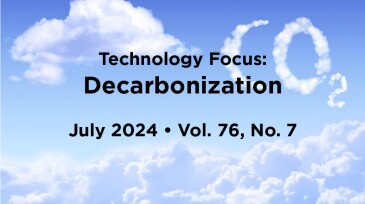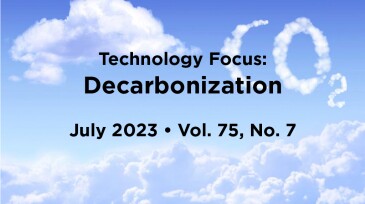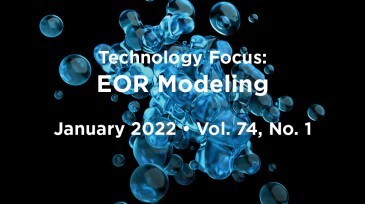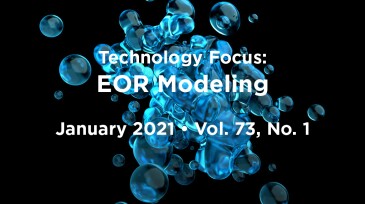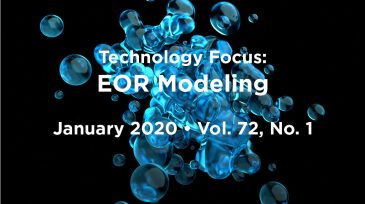
Subodh Gupta
Founder and Technology Adviser Heretech EnergySubodh Gupta, SPE, is the founder of and technology adviser for Heretech Energy, a Calgary-based consultancy firm advising on various surface and subsurface technologies for the decarbonization of oil. He has worked in the process and petroleum industry for more than 35 years. Previously, Gupta headed research and development efforts for organizations including Cenovus Energy and its predecessor companies, EnCana and Pan-Canadian Energy. He is credited with pioneering solvent use in thermal oil recovery, as well as with development of novel carbon sequestration approaches. Gupta is also the author of the upcoming book Energy and Decarbonization, in which he discusses the nonworkable, workable, and potentially workable ideas of carbon abatement in the context of growing global energy demand. Gupta has been an SPE Distinguished Lecturer, as well as a member of the Distinguished Lecturer Selection Committee. He has been an invited speaker and panelist to many conferences. Gupta holds a bachelor’s degree in chemical engineering from the Indian Institute of Technology and MS and PhD degrees from the University of Calgary.

